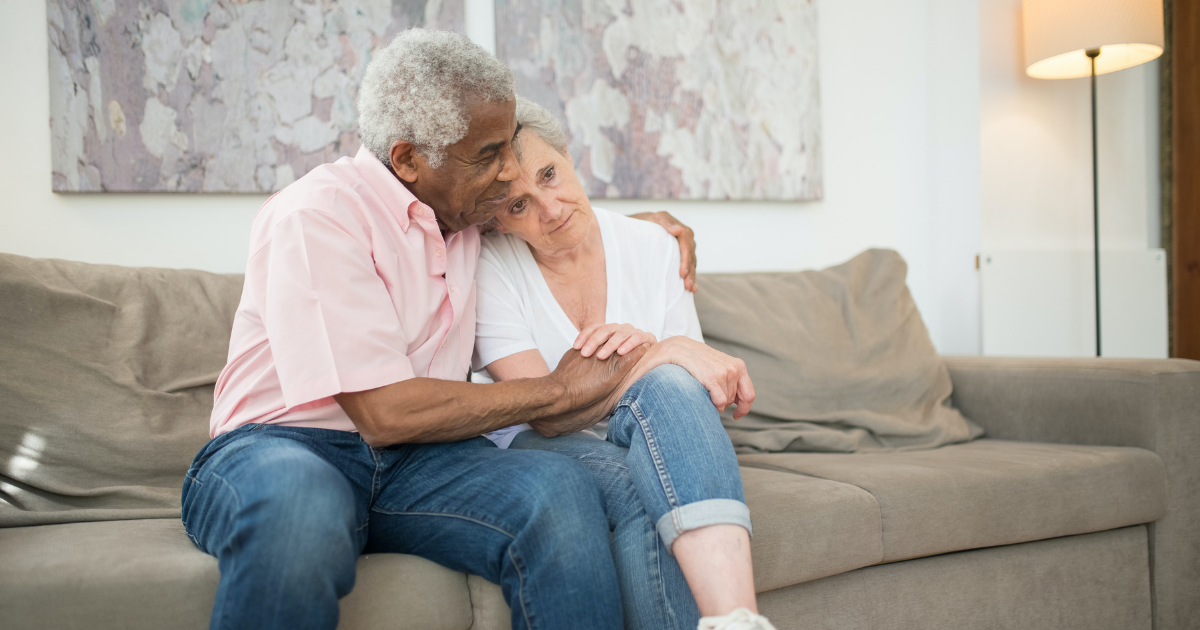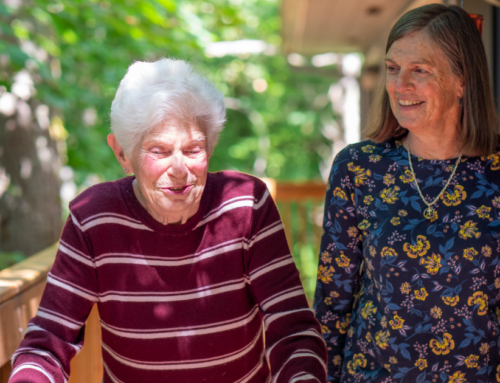Seniors overwhelmingly prefer to remain at home, and there are many benefits to in home care. This is easy to understand since seniors at home would be staying with people they know. Familiar and comfortable surroundings provide happy and satisfying memories.
The decision is sometimes not as clear-cut as their preferences are. Discussion should include an honest assessment of several other criteria.
Here are some of the questions and factors which should help you to if in home care is the right course of action for your loved one.
1. What is their physical and mental condition?
If an elderly person is already showing significant signs of dementia or already has a major physical disability that will not improve, they may require constant care if remaining at home. While it may not rule out staying at home, it does mean that family members must be willing and able to provide round-the-clock assistance for the senior. Either a family member must commit to being a full-time caregiver, or a professional caregiver must be retained to provide those same services and assistance.
2. What is the family doctor’s opinion?
The family doctor can help a great deal with this kind of assessment. It’s always possible that unforeseen physical injuries can occur, and that mental illness can develop at any time. They can provide an accurate evaluation of the senior’s current condition and may even be able to offer insights on future developments.
3. To what degree are they self-sufficient?
If staying at home will require that a senior spend some time alone, then your senior must be at least somewhat self-sufficient. This is so those periods can be managed safely. An elderly person might have a home caregiver at the premises for several hours a day. Before and after those times, they may be more or less on their own. During those times, the senior would have to be able to safely navigate around the home, prepare meals, etc. If there are physical or mental conditions preventing self-sufficiency, it may be unsafe.
4. Can home improvements be made for safety?
Some elderly people would be safe on their own at home for periods of time with some safety home improvements. Installing grab bars in the bathroom and around the house, stair lifts, and a wheelchair or walker help with mobility problems. A security system to provide instant alerts is a great safety improvement. They do carry a price tag of course, and not everyone can afford to have them installed.
When considering the best care option for your loved one, it is important to weigh the benefits and drawbacks of in home care. While seniors often prefer to remain at home, it is essential to honestly assess their physical and mental condition, degree of self-sufficiency, and ability to make necessary safety improvements to their living space. Consulting with their family doctor can also provide valuable insights into their current and future health needs. Ultimately, with the help of home care services and assisted living facilities, seniors can receive the necessary care to maintain their independence and quality of life.
See our Locations Page to see what areas we service.
Sources:






